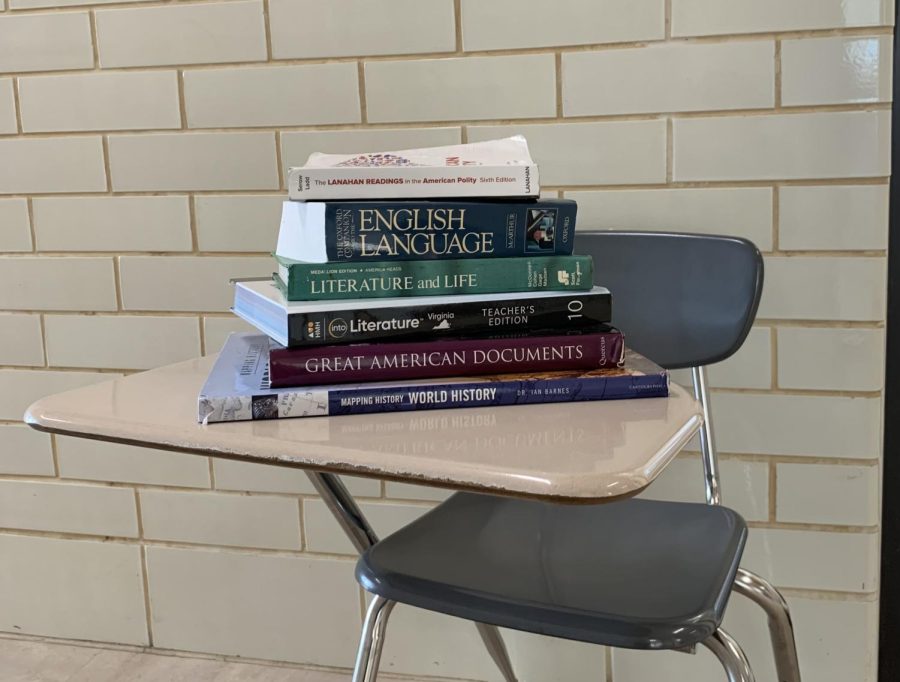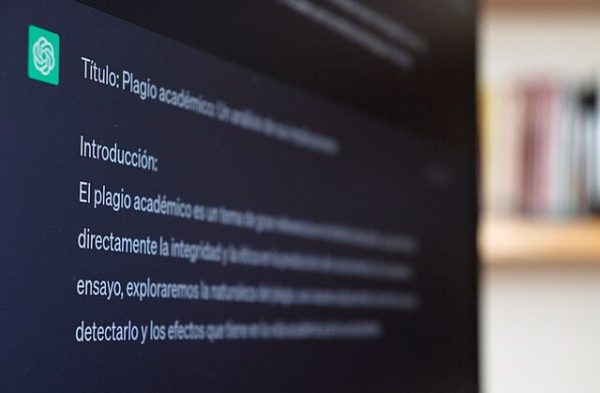STAFF ED: Standardized Testing is Hurting Students
High School students spend hours studying and preparing for standardized tests
One of the greatest failures of the modern education system is that of the standardized test. Originally conceived to measure performance between different students and schools, their current over-valuation causes a degradation in the quality of education students receive, and further pushes gaps in wealth nationwide. In order to minimize the negative effects that standardized testing has on students, there should be less focus on test scores within the school system. School funding should not be heavily tied to test scores and all college applications should be test-optional. Standardized tests attempt to measure student achievement and pinpoint where schools may be falling behind. While these tests do provide a way to compare students across schools, the use of standardized testing causes more harm to students than good.
Standardized testing in Virginia is done through the SOL, or Standards of Learning, tests. Students are tested in mathematics, reading, writing, science, and history, and they test from third grade through high school. High schoolers are also strongly encouraged to take the SAT test, and are required to take AP exams if they enroll in certain classes.
Standardized testing in the United States, on a national level, dates back to 1965 with the passage of the Elementary and Secondary Education Act, which mandated tests in public schools. This was further expanded by the No Child Left Behind Act of 2002. It has been controversial throughout its history, with then-President Barack Obama once stating, “All you’re learning about is how to fill out a little bubble on an exam…and that’s not going to make education interesting.”
By placing so much value on a single test, schools naturally modify their curriculum to boost their scores. This means that one’s education becomes tied to the questions on a test, and does not reflect the skills they may actually need to know. It also grades all students in a single grade level on proficiency in very few areas, which does not reflect the diverse abilities of the student population. Students may be discouraged from applying for, or even denied advanced opportunities, simply because they didn’t score as well on a test.
Wealth also plays a role in the harm that standardized testing, specifically the SAT, causes students. “Admissions that rely on test scores more than high school grades generate a student body that is biased toward students from higher incomes and against those from lower incomes and racial minorities,” said Joseph Soares, a professor at Wake Forest University. Students with wealthier families may be able to access SAT preparation courses that disadvantaged students cannot. Unless a student is on a free or reduced lunch program, they will have to pay the out-of-pocket price for some tests, which can be prohibitively expensive for struggling families. Some believe that standardized testing is beneficial because it allows for student growth and knowledge to be concretely measured; despite this, they are ultimately harmful to students, especially those who come from financially disadvantaged families.
In place of standardized testing, students could be examined through project-based assessments or personal portfolios that represent a broader range of their abilities. Additionally, this style of testing is arguably more applicable to the real world, further teaching students to analyze, discuss and explore topics in unlimited subjects as preparation for future careers and life skills. As the amount of colleges going “test optional” increases, alternatives to standardized testing such as project-based assessments and personal portfolios serving as the measurement of a student’s knowledge will serve students better.
Thanks for reading The Falconer. We're happy to provide you with award-winning student journalism since 1963, free from bias, conflicts of interest, and paywalls. We're able to continue with the generous support of our local community. If you're able, please consider making a donation. Any amount is incredibly helpful and allows us to pursue new and exciting opportunities.

The Falconer editorial board is made up of all editors of the newspaper, including the editor-in-chief, managing editor, and section editors. The opinions...








